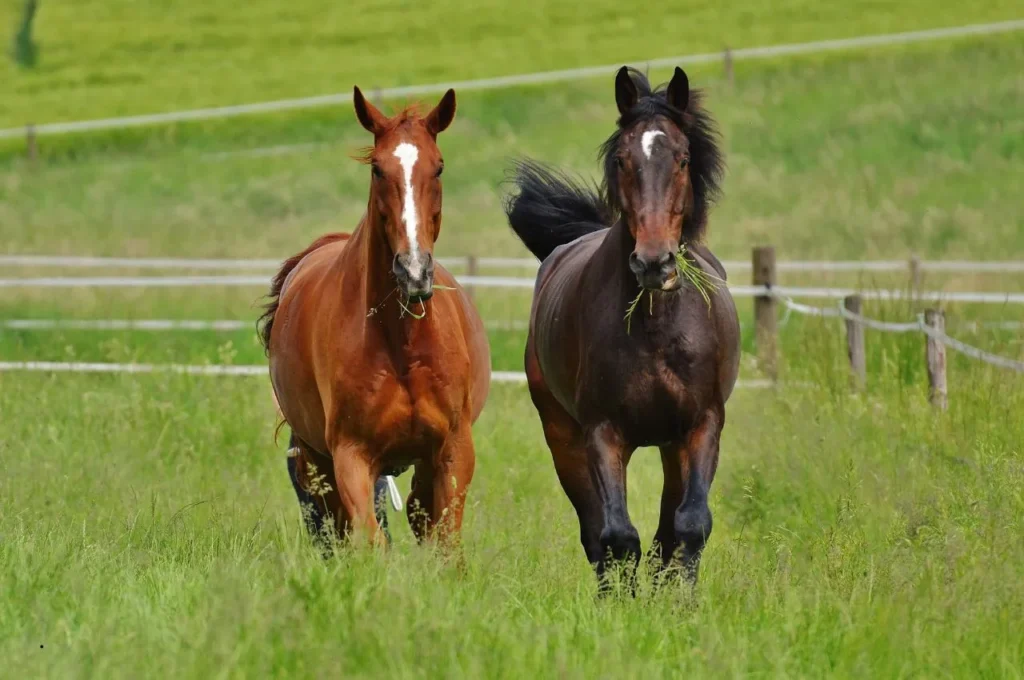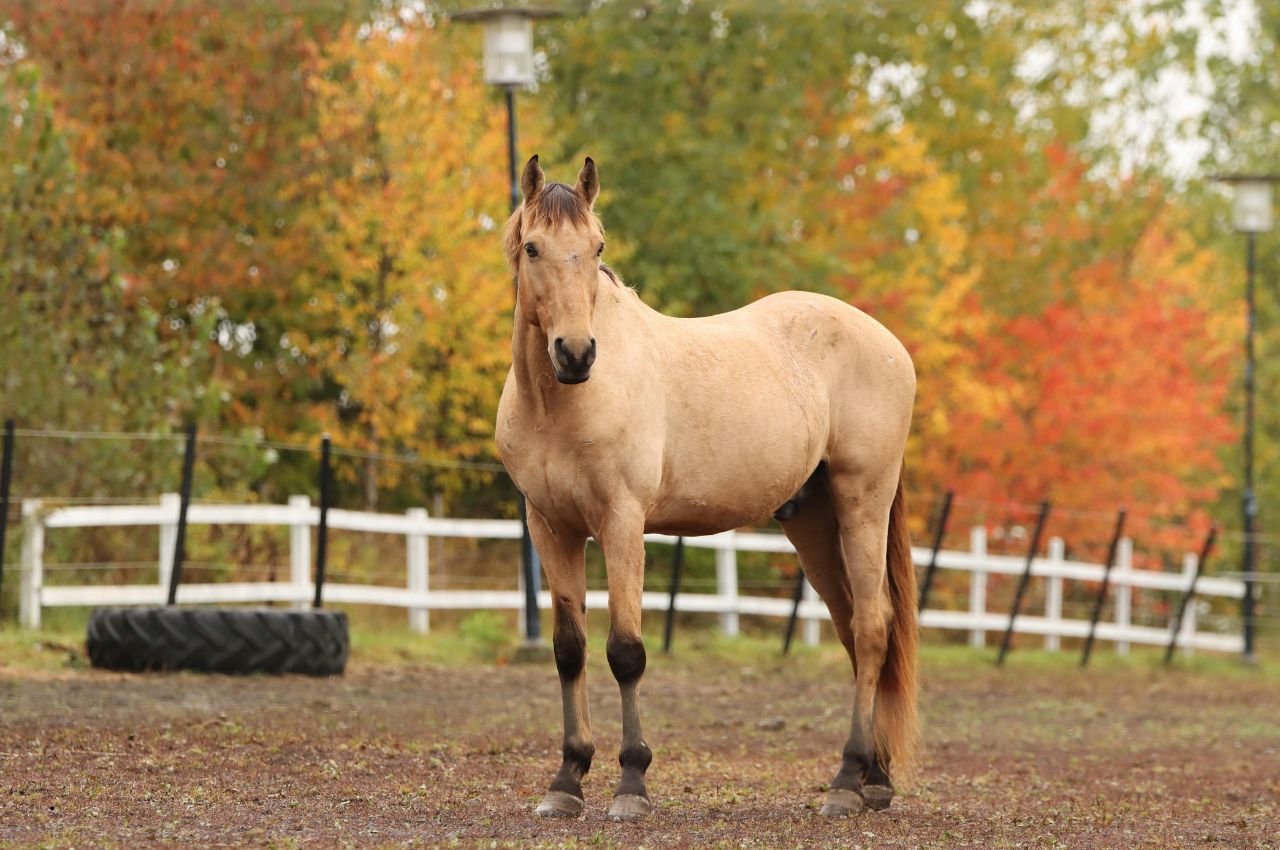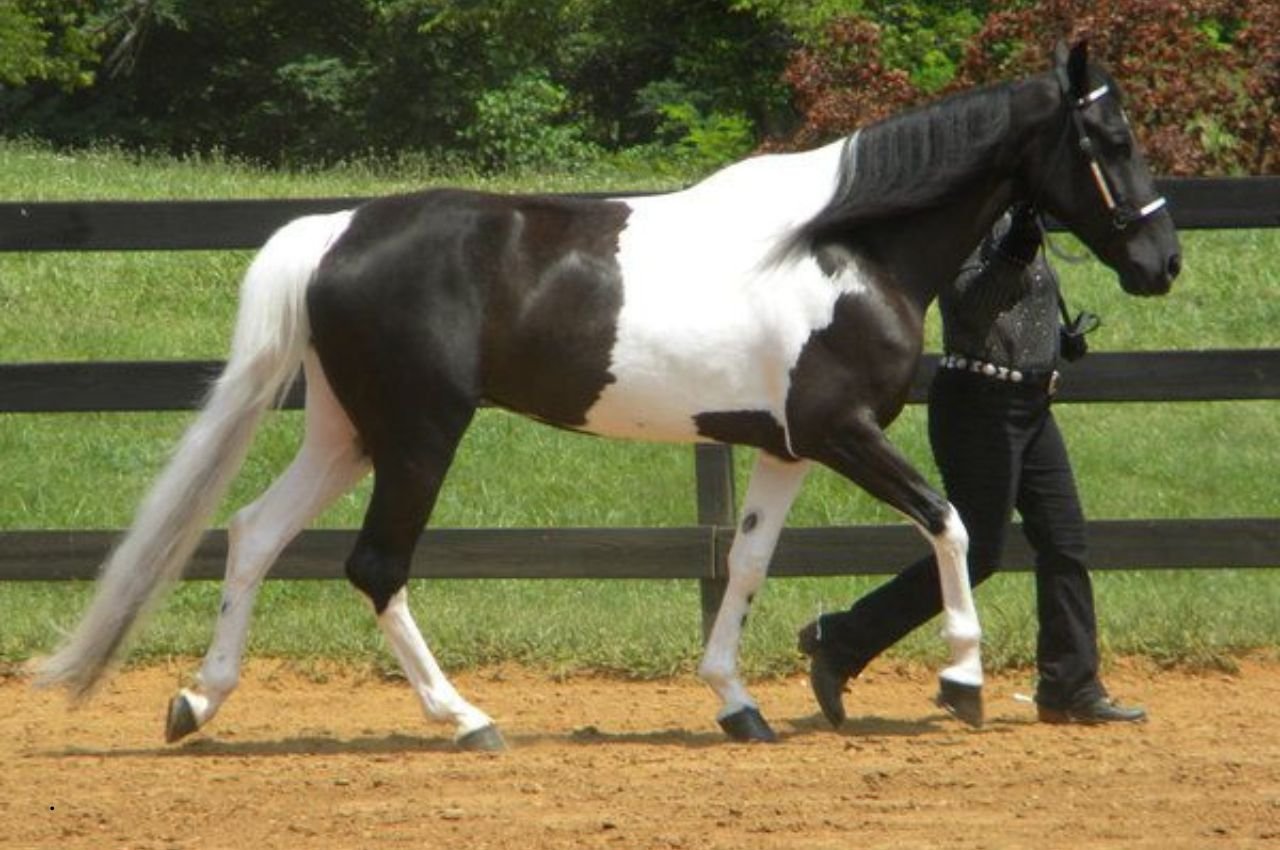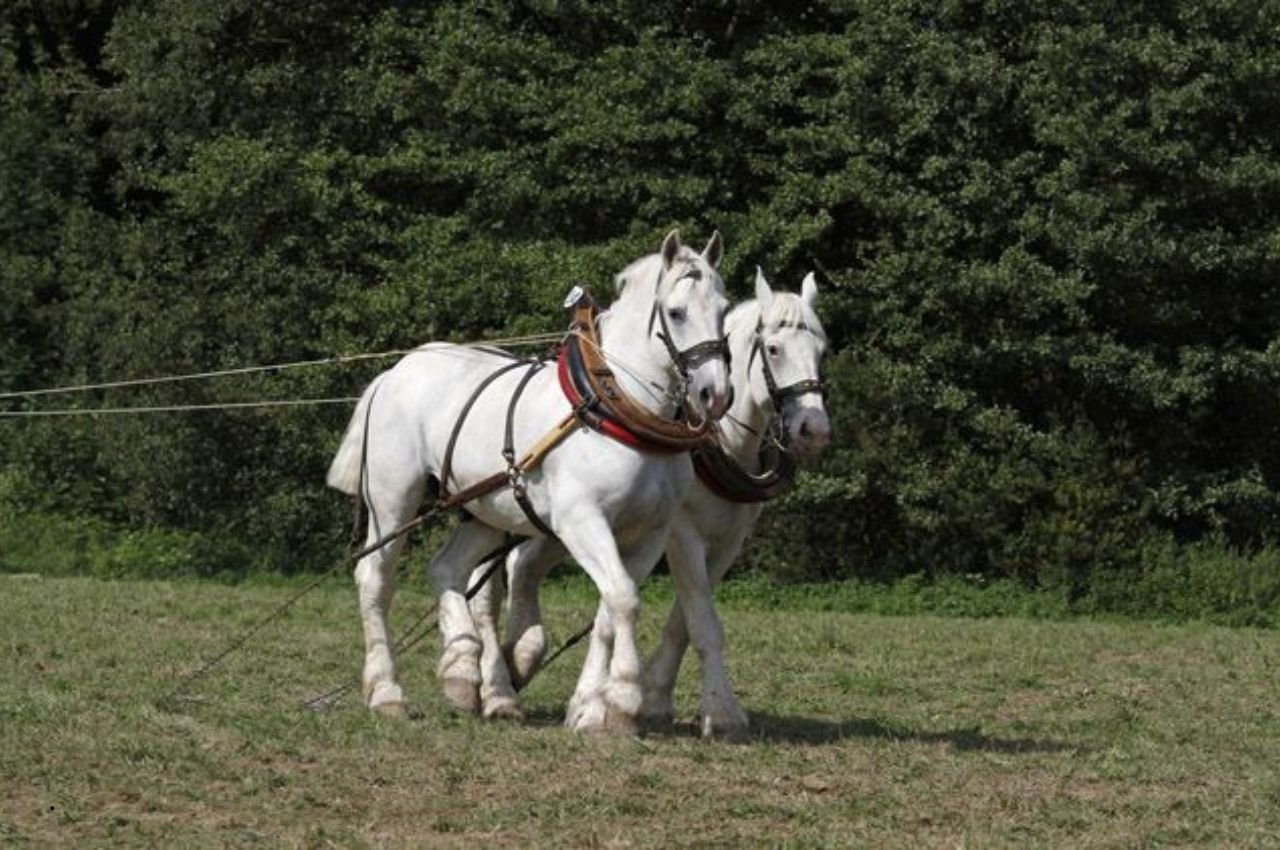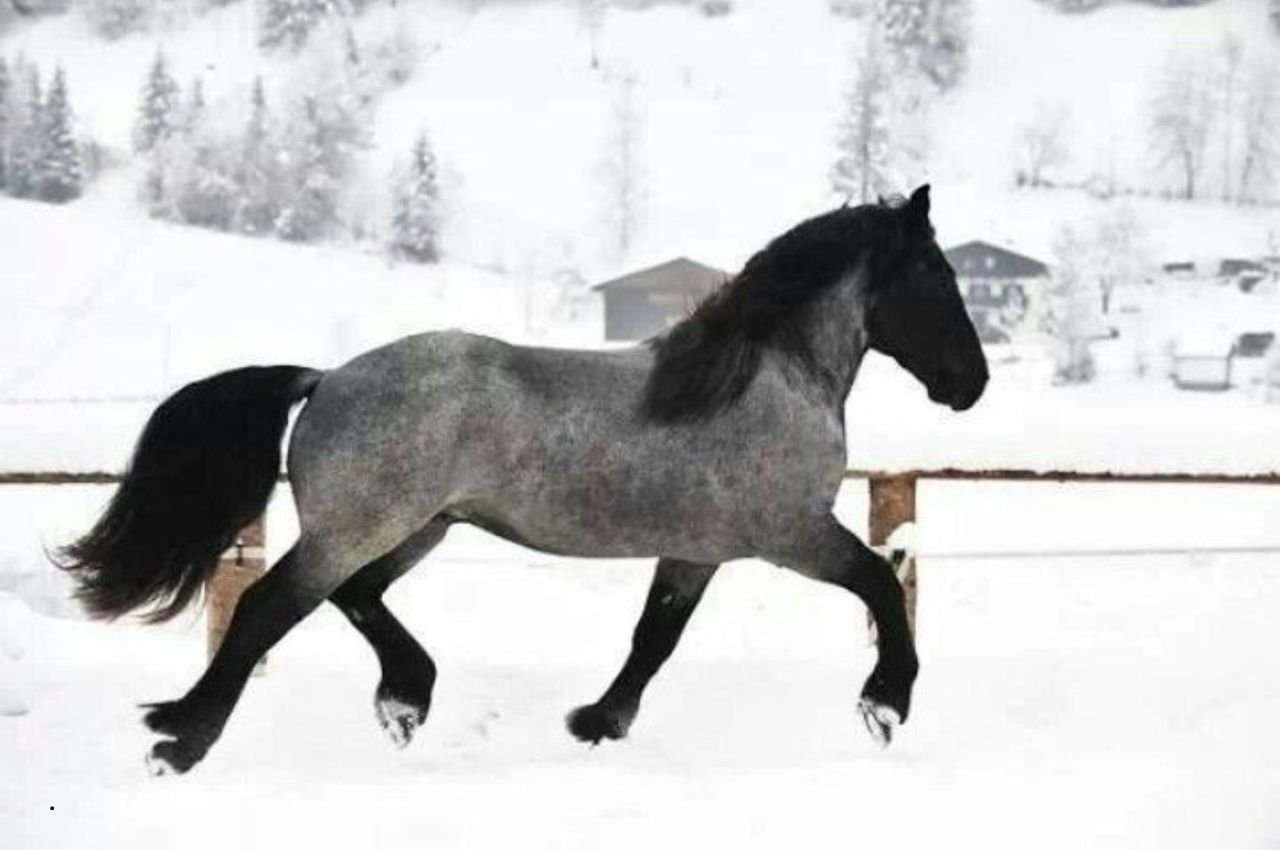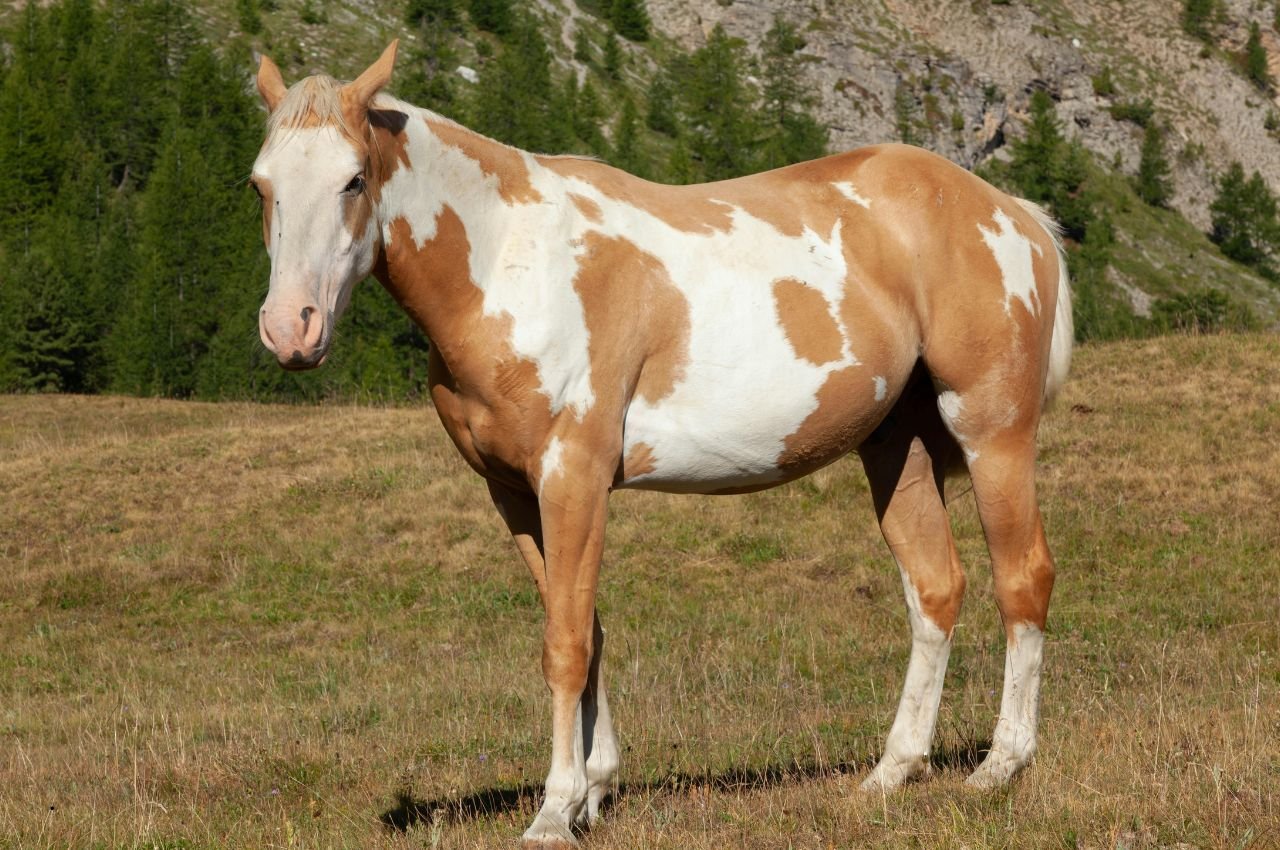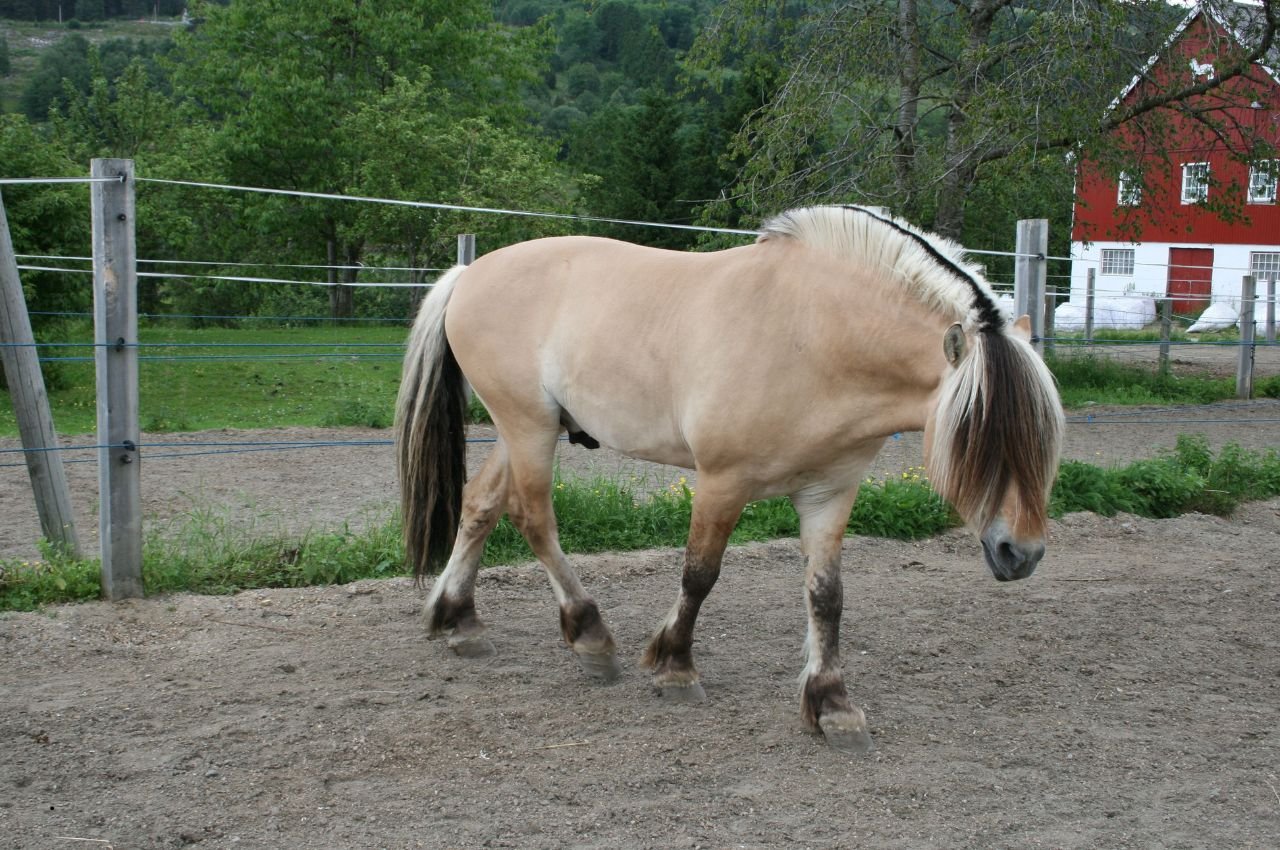If you’re wondering why horses need fiber, you’re not alone. Many horse owners know fiber is important, but few understand just how critical it is for every part of a horse’s health—from digestion to mental well-being.
Fiber isn’t just filler in a horse’s diet. It’s a biological necessity. In this post, we’ll explore 9 vital health facts that explain why horses need fiber and how it supports their body and mind every day.
Table of Contents
1. Horses Are Designed to Digest Fiber
One of the biggest reasons why horses need fiber is that their digestive systems are specifically designed to process it. As natural grazers, horses evolved to eat forage almost constantly throughout the day.
Key Point:
- A high-fiber diet mimics natural grazing and supports your horse’s internal systems.
2. Fiber Powers the Hindgut
Horses break down fiber in their hindgut through fermentation. This process produces volatile fatty acids (VFAs), which provide a major source of energy—especially for horses on forage-based diets.
Why This Matters:
- Fiber fuels essential functions and helps your horse maintain weight and stamina.
3. Keeps the Digestive Tract Moving
If you’ve ever dealt with colic, you know how critical digestion is. One of the main reasons why horses need fiber is to support gut motility and prevent blockages.
Bonus Tip:
- Constant access to hay prevents long gaps between meals that can lead to digestive problems.
4. Prevents Gastric Ulcers
Horses produce stomach acid all day. When their stomachs are empty, that acid can damage the stomach lining. Fiber stimulates saliva production, which helps buffer that acid.
Result:
- Horses with high-fiber diets are far less likely to develop ulcers.
5. Helps With Weight Management
Whether your horse is an easy keeper or a hard keeper, fiber plays a central role in weight control.
How:
- High-quality fiber supports healthy weight gain.
- Low-calorie, high-fiber hay slows down eating and helps prevent obesity.
6. Reduces Laminitis Risk
Horses with metabolic issues or insulin resistance benefit from low-sugar, high-fiber diets. It stabilizes blood sugar and reduces the risk of laminitis.
What to Feed:
- Soaked hay or late-cut grass hay for sensitive horses.
7. Supports Hydration
The hindgut stores a significant amount of water along with fiber, making it an internal hydration system. Horses that consume adequate fiber are less prone to dehydration.
Tip:
- During hot weather or transport, ensure consistent fiber intake to support fluid balance.
8. Promotes Mental and Emotional Balance
One often-overlooked reason why horses need fiber is for mental stimulation. Chewing hay for hours keeps horses engaged and calm.
Benefits:
- Less boredom
- Fewer stress-related behaviors like cribbing or stall walking
9. Maintains Dental Health
Fiber requires more chewing than concentrates, which helps naturally wear down your horse’s teeth and promotes jaw health.
Bonus:
- Proper chewing also supports digestion and saliva production.
Why Horses Need Fiber: The Bottom Line
Fiber isn’t optional—it’s essential. It supports energy, digestion, hydration, mental health, and even dental health. Understanding why horses need fiber empowers you to feed smarter and prevent many common equine health problems.
✅ Quick Feeding Tips:
- Provide hay or pasture around the clock, not just at set meal times.
- Use slow feeders to mimic natural grazing and reduce waste.
- Choose the right hay type (timothy, orchard, or alfalfa) based on your horse’s individual needs.
FAQs: Why Horses Need Fiber
What are the best sources of fiber for horses?
High-quality hay (like timothy, orchard grass, or alfalfa), pasture grass, and soaked beet pulp are great sources.
Can horses get too much fiber?
It’s rare. Most horses thrive on a high-fiber diet. Issues only arise if the hay is poor quality or contains too little nutritional value.
Does fiber replace grain in a horse’s diet?
For many horses, yes. Unless your horse has high energy demands (like in competition), forage can meet nearly all nutritional needs.
How do I know if my horse isn’t getting enough fiber?
Signs include weight loss, digestive upset, ulcers, and behavioral issues. Consult a vet or equine nutritionist if you’re unsure.
Should I feed hay year-round?
Yes! Even when pasture is available, hay helps balance the diet—especially in winter or during pasture droughts.

